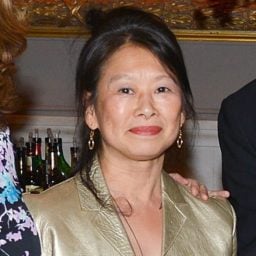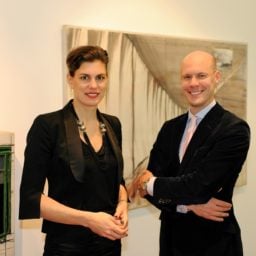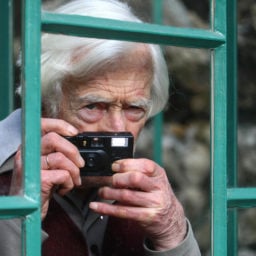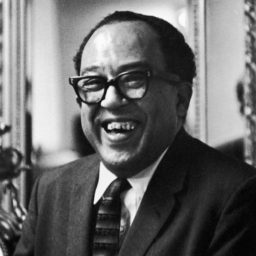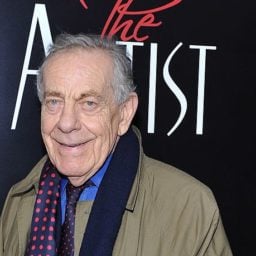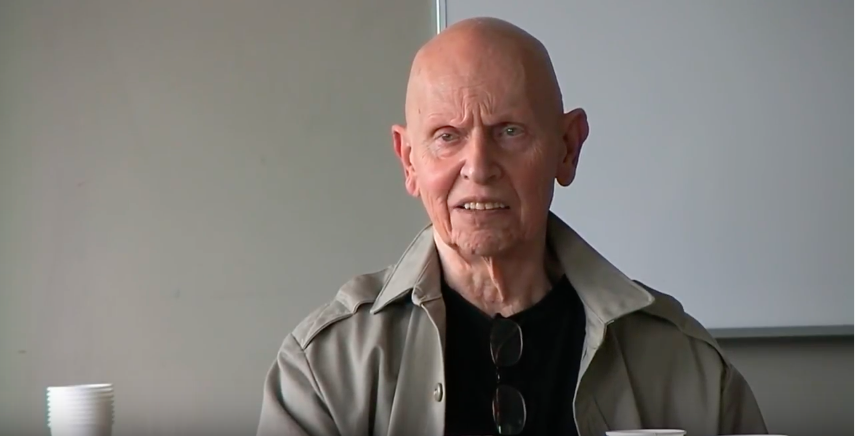

Iconic poet, art critic, performance artist, and teacher David Antin has passed away at the age of 84, after a long struggle with Parkinson’s disease, reports the PennSoundDaily. Antin is survived by Eleanor Antin, his long-time collaborator and wife of 55 years.
Born in New York City in 1932, Antin’s body of work stretches across the last 50 years, addressing notions of literacy, poetry and the contemporary. He was most famously known for his “talk poems,” improvised, spoken-word performances that drew from his knowledge of philosophy and art theory, as well as his own autobiography.
He would later record these and transcribe them for publishing. These pieces are included in the widely-read poetry collections Talking (1972), Talking at the Boundaries (1976), and What it means to be Avant-Garde (1993).
In 1984’s Tuning, Antin begins with “I reject the idea of a sacred language. For me, poetry is a mental act, not work which will become the object of a specialized cult.” For 25 years, alongside a long career of performance and writing, Antin taught at the University of California San Diego’s department of the visual arts, and was beloved by his students.
A prolific writer, Antin’s poetry and essays were collected in several books. He also wrote seminal critical essays on the work of Andy Kotz, Andy Warhol, and Sol Lewitt, among others, collected in the 2011 Radical Coherence: Selected Essays on Art and Literature.
Antin was awarded fellowships from the Guggenheim Foundation and the National Endowment for the Humanities, and in 1984, he received the PEN Los Angeles Award for Poetry.
He never did exalt the role of the poet. For him, the poet was simply “up on his feet, talking,” an idea he further explored in the essay Modernism and Postmodernism: Approaching the Present in American Poetry, in the journal Boundary in 1972.
The PennSound website has an extensive archive of his performance work available online, which may be accessed here. He will be sorely missed by the arts and publishing communities alike.


